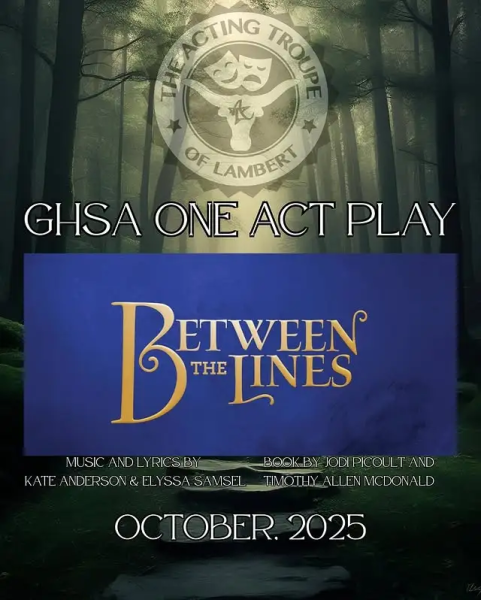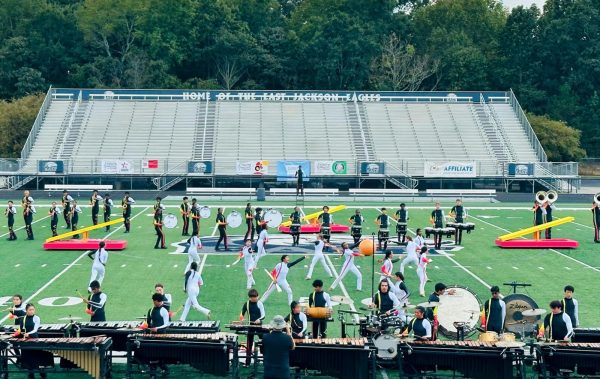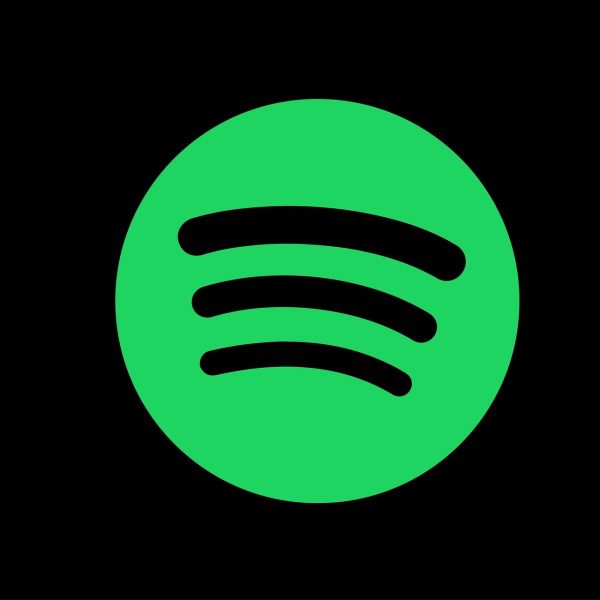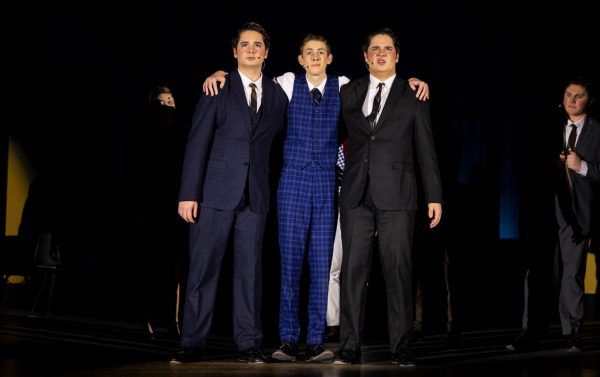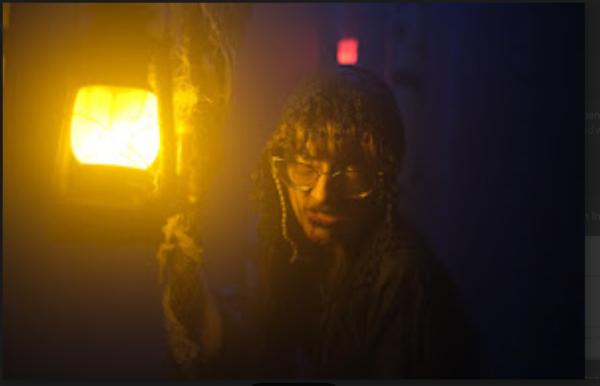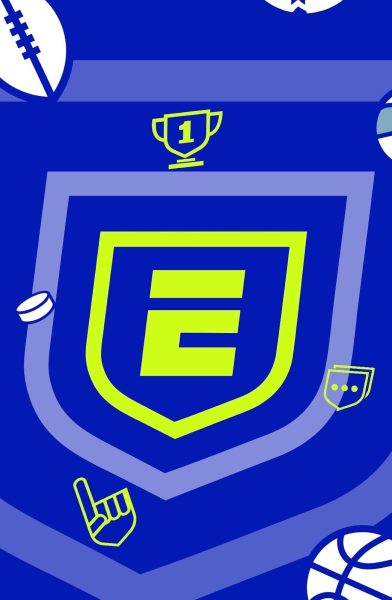Exploring Internet Culture’s Effect On Today’s Entertainment

Actors Ryan Reynolds and Hugh Jackman in a youtube video discussing the “plot” of the upcoming film “Deadpool 3” (Ryan Reynolds).
Today’s modern entertainment has been fueled by an ‘internet revolution’ of sorts, as social media users impact the manner in which content is produced, consumed and advertised. Recent headlines have made waves through the digital world, thanks to the impact of social media and its users on the visibility of the latest developments in entertainment.
Recently, actor Ryan Reynolds announced that Hugh Jackman would be reprising his role as the famed mutant Wolverine in the upcoming film, “Deadpool 3”. The news was met with an ecstatic reaction from fans as the announcement gained over 13 million views on Youtube alone. Playing into the attention, Reynolds released a follow-up video, fostering another nine million views.
“I think that social media is…beneficial because it allows information to get around faster,” Lambert junior Sebastian Wu said. “[Social media] allows people to discover interests that they wouldn’t have discovered.”
The intensification of digital networking and social media encapsulates how the digital entertainment industry has rapidly developed due to the impact created by such phenomena. With the connectivity and reach of these platforms, the diffusion of pop culture and related news has become near-instantaneous in nature, which greatly fosters the spread of these developments to a vast range of users. This process has no doubt spearheaded the remodeling of the very fabric of media consumption, and has played an immense role in establishing the new age of digital entertainment.
While the social media revolution heavily bolstered the visibility of the entertainment industry, its use unfortunately doesn’t always yield positive results. This September, Walt Disney Studios released the trailer for the upcoming film “The Little Mermaid,” a live action adaptation of the original animated 1998 movie. The release of the film, made headlines for the wrong reasons due to bigoted comments on social media. The uploaded trailer was hit with negative and derogatory criticism surrounding the race of the main protagonist Ariel, played by African-American actress Halle Bailey. Lambert sophomore Pranav Srambikkal weighed in on the role of social media in exaggerating such events.
“I feel like social media often exacerbates these things [celebrity-related controversies]…” Srambikkal said. “Social media really increases the amount of attention that needs to be given to a certain topic…the issue with Halle Bailey…can be sorted out pretty commonly, but social media causes more people to become more polarized and angry.”
Srambikkal’s stance illustrates the drawbacks of social media with respect to the release of digital entertainment, as something relatively harmless in nature can quickly turn into a blown-out controversy.
The corporate and consumer use of social media has been a valuable source of marketing and interaction on both sides. While the dark side of social media is always present, one cannot deny the way it has changed the entertainment industry forever.
Your donation will help support The Lambert Post, Lambert High Schools student-run newspaper! Your contribution will allow us to purchase equipment and cover website hosting costs.



